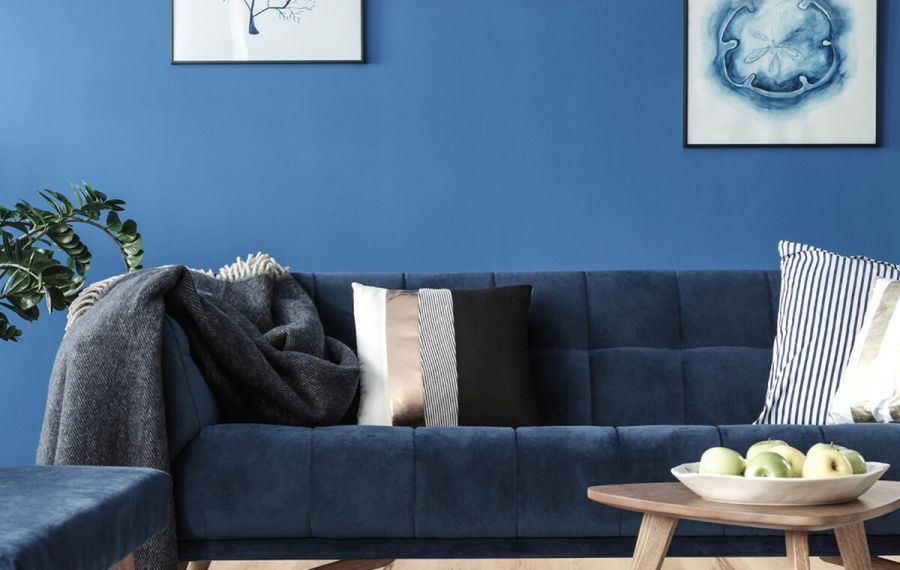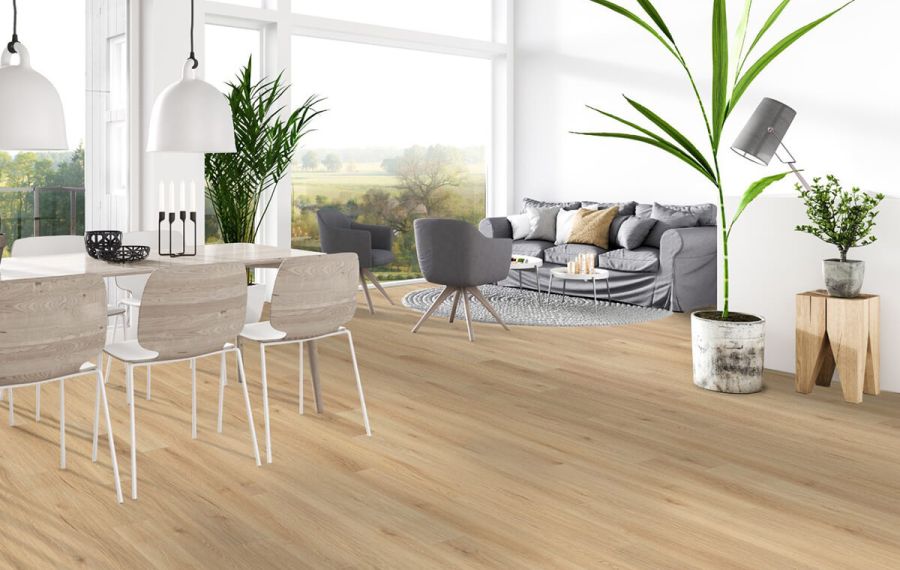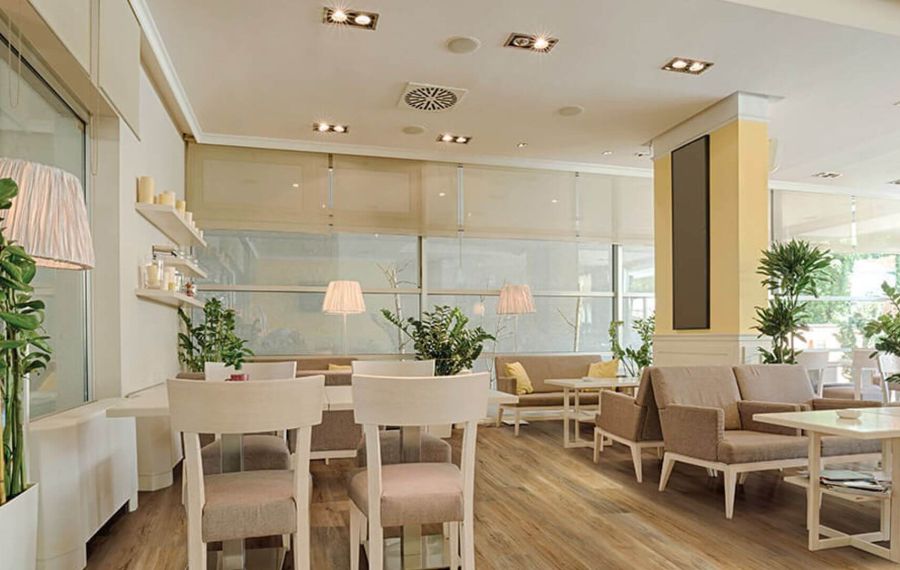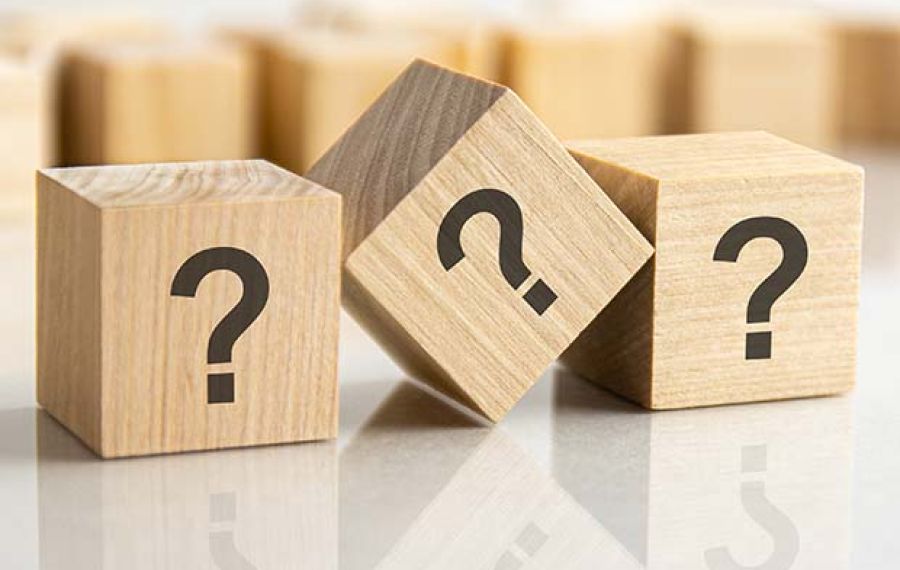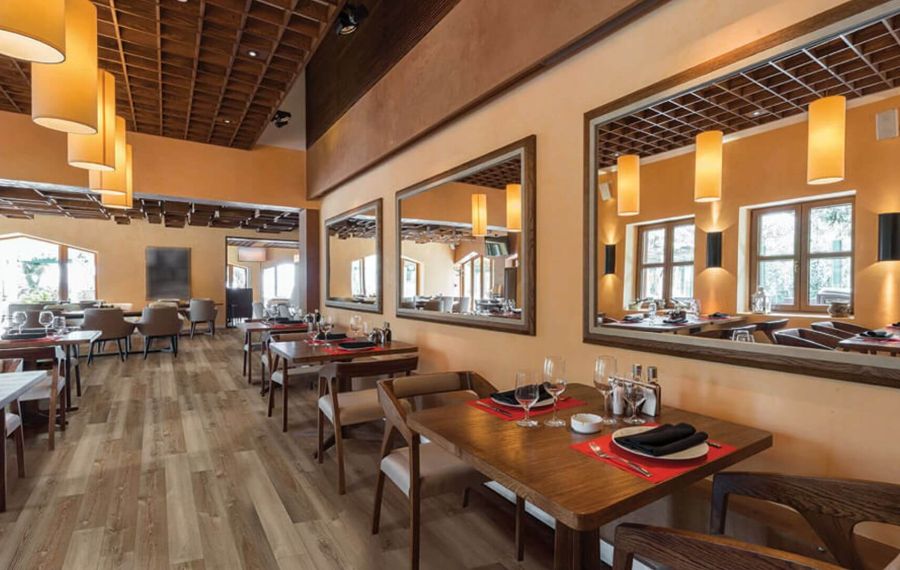RESILIENT
OVERVIEW
Transform Your Home with Beautiful and Durable Resilient Flooring
Resilient Overview PRODUCTS
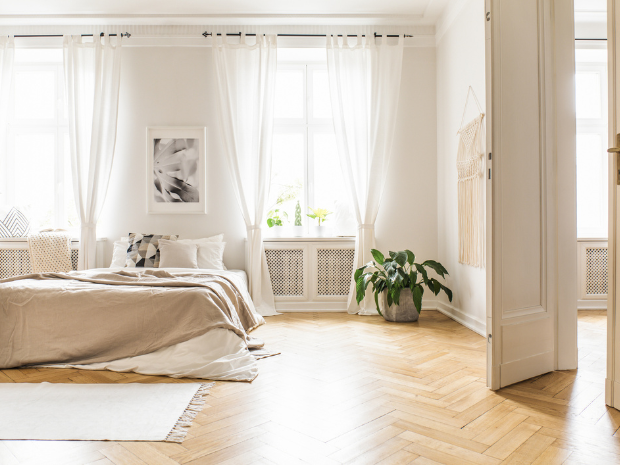
Resilient Flooring
Resilient Flooring or sometimes called Rigid-Core, is the fastest growing flooring type. Both Luxury Vinyl Tile (LVT) and Stone Polymer Composite (SPC) offer extreme durability, are waterproof and, for the most part, a very affordable option to give your home a beautiful new look. Resilient Flooring is manufactured with composite materials, LVT with a PVC core and SPC with a Limestone core. Resilient Flooring’s predecessor Laminates was constructed with particle board or medium density fiberboard backing, which made it easily damaged by water and dings and chips. Resilient Flooring products are waterproof and are perfect for bathroom, kitchens, sunrooms, and basements because they are waterproof and impact resistant, so no more cracked tiles or dents when you drop something on the floor. They are hypo allergenic, easy to clean, maintain and fire resistant.
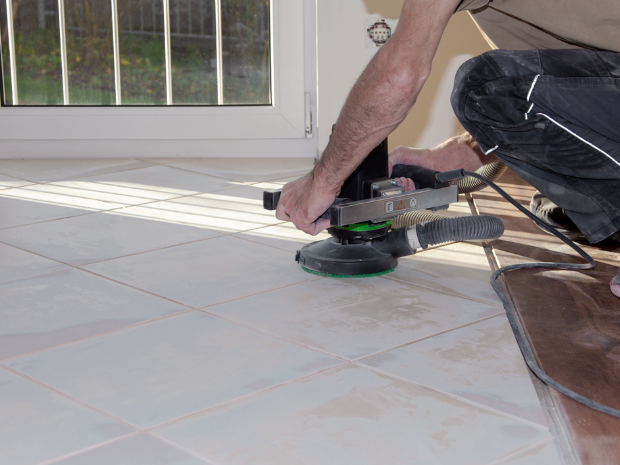
Luxury Vinyl Tile (LVT)
Luxury Vinyl Tile (LVT), which is not to be confused with sheet vinyl, is a product that looks like real wood and stone flooring but provides many more practical benefits. LVT is made of several layers of resilient polyvinyl chloride (PVC) with the top layer coated with urethane. LVT comes in a range of shapes, sizes, and effects, so you can create an authentic looking floor in your home, without the practical drawbacks of natural products.
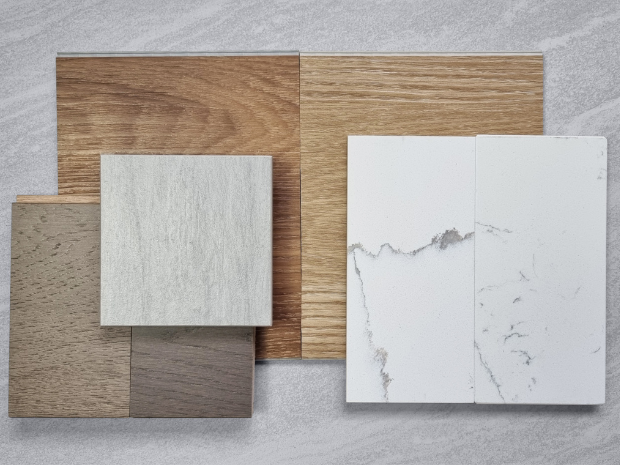
Stone Polymer Composite (SPC)
Stone Polymer Composite (SPC) flooring is widely considered an upgrade to the Luxury Vinyl Tiles. What makes SPC a better option over LVT? LVT flooring has a composite made of wood pulp and PVC composites. SPC uses a composite of limestone powder, PVC, and stabilizers, which is a stronger, greener, and longer lasting product. Resilient Flooring offers the option of a less permanent floor than wood or ceramic tile, especially with the growing popularity of floating floors. When a you select a wood or ceramic floor, you should really be in love with it, as it will probably be in the home for a very long time. With Resilient changing the flooring for a room design change much easier.
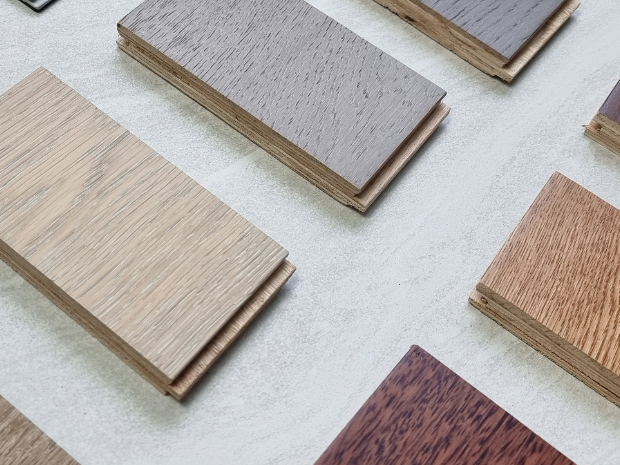
Resilient Flooring versus laminates, which is the better choice? Here is the breakdown of the differences. Laminates are better for cost savings, Resilient Flooring is better for Pets, Durability, Water/Moisture, Care, Repairs & Maintenance and Resell Value. Installation for both is very similar, both can be floated, glued down or Peel & stick tiles.
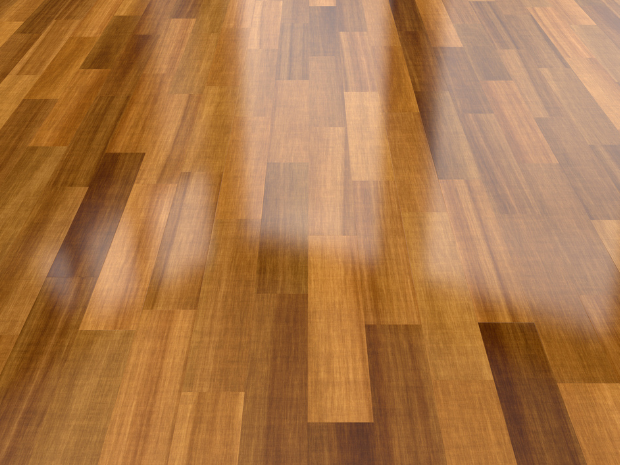
The design options of Resilient Flooring make it a desirable material, but this flooring also has many properties that homeowners look for in their flooring. Extremely resistant to dents, moisture damage, heat and more, Resilient Flooring is perfect for those who want durable floors. Additionally, there are many types of Resilient Flooring that offer built-in soundproofing and do not contain harmful chemicals that will affect the air quality in your home.
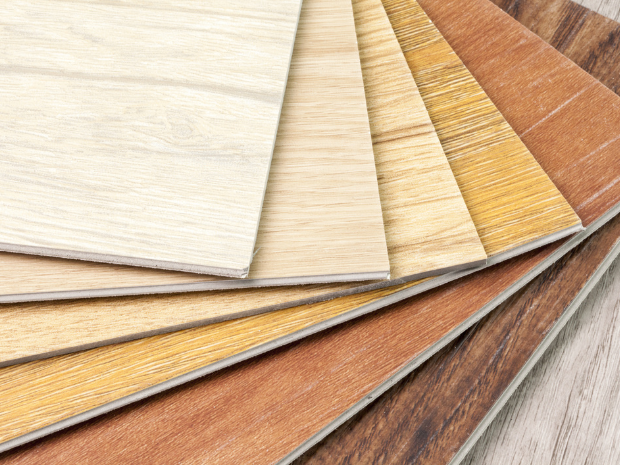
Both LVT & SPC also offers plank and tiles with high end realistic 3D visuals that can be grouted just like ceramic and stone installations without the use of backer board and thinset. These products can be found with glue down and floating installation options.
Resilient Flooring offers several installation options which ease the installation application:
- Loose Lay
- Tape Systems
- Click and Locking Systems
- Floating with no locking mechanism, but help in place by adhering the perimeter with glue or tape
- Glue Down
- Trowel or Roll on Applied
- Spray Adhesives
Our Resilient Services
Schedule a free estimate.

